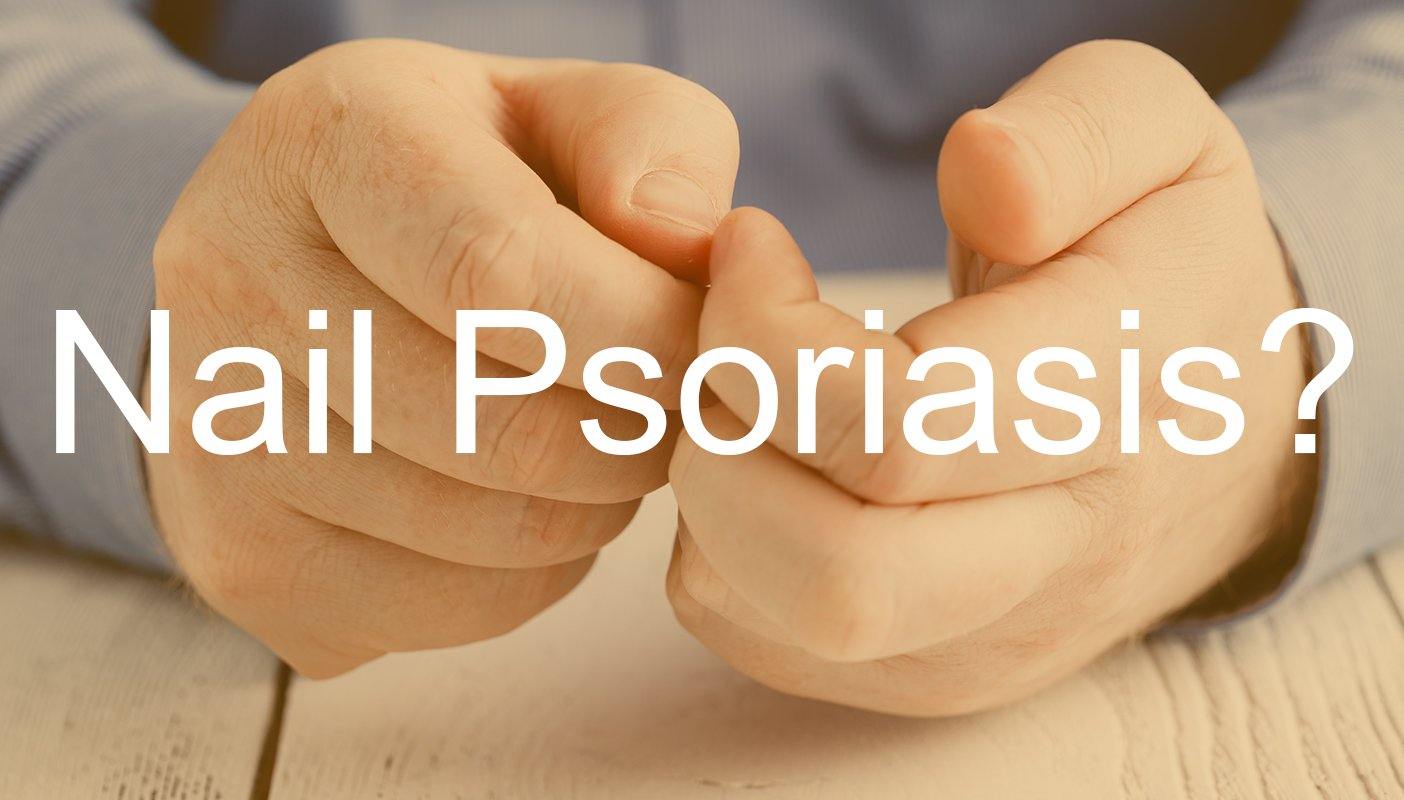
5 Tips On Managing Nail Psoriasis
Though psoriasis most visibly affects the skin, it can affect your nails as well. Nail psoriasis can become very inconvenient and unpleasant, especially if the condition goes untreated or unmanaged. Knowing what nail psoriasis looks like, how to treat it, and when to get help can prevent a lot of discomfort. Here's what you need to know.
More About Nail Psoriasis
If you're suffering from psoriasis of the nails, your nails may become pitted, discolored, or may grow abnormally. Your nails might even become loose, separate from the nail bed, or crumble. Tiny dents may appear in the nail. Underneath the nail, you may notice debris between the nail and the skin. Your nails may develop streaks of blood beneath their hard surface, or they may become lined with ridges. They could even become detached or change color.
This condition can affect hand or toe nails. Usually this condition shows up about a year after the psoriasis diagnosis. Symptoms may develop gradually.
If the condition is left untreated, it can become worse over time. The symptoms you're experiencing already may become exaggerated, or new symptoms may surface. Your nails may fall out, get shorter, or you could develop the "disappearing nail" effect, which could make walking and using your hands difficult.
5 Things You Can Do to Manage Nail Psoriasis
It's easier to prevent nail psoriasis than it is to treat it once you're experiencing it. If you're suffering from psoriasis, there are many things you can do to prevent the onset of nail psoriasis.
#1. Trim your nails and keep them in good condition.
Don't let your nails grow long. Use nail trimmers and a nail file on a regular basis to keep the edges of your nails smooth and shapely. If keeping longer nails is important to you, use artificial nails. Artificial nails or nail varnish can help strengthen your nails while enabling you to keep your true nails short. Try a few drops of Psoriasis Honey's Nourishing Skin Serum on your nail beds to strengthen those nails for healthy growth.
#2. Wear gloves while cleaning and doing work with your hands.
Doing work with your hands can dry out your nails; it can also do damage to your nails. Wearing gloves while working with your hands can prevent the kind of damage that can lead to the onset of psoriasis.
#3. Avoid tight-fitting shoes or uncomfortable shoes.
Tight fitting or uncomfortable shoes are also likely to do damage to your nails. Wear flats. Choose shoes that do not rub or squeeze your toes throughout the day.
#4. Moisturize your hands throughout the day, especially after coming into contact with water.
Don't allow your finger nails to dry out. After coming into contact with water, moisturize your hands to keep your nails supple and flexible.
#5. Consult with your doctor.
Although it cannot be cured, treatments for nail psoriasis are available. Once symptoms have set in, you can prevent it from getting worse by working with your doctor to get help. Treatments include topical drugs, phototherapy, corticosteroid injections, and drugs that can target parts of your immune system. The type of medications that are best for you depends on your symptoms. Consult with your doctor to keep your condition under control.
Suffering from Nail Psoriasis? Contact Your Dermatologist Today
Though there is no cure for psoriasis, there are ways to manage it. Working with a physician who is familiar with the condition, you can prevent this condition from disrupting your life. To get help, contact a reputable and experienced dermatologist in your area today.
Sources:
https://www.aad.org/public/diseases/psoriasis/treatment/genitals/nails
https://www.webmd.com/skin-problems-and-treatments/psoriasis/nail-psoriasis



Leave a comment
This site is protected by hCaptcha and the hCaptcha Privacy Policy and Terms of Service apply.